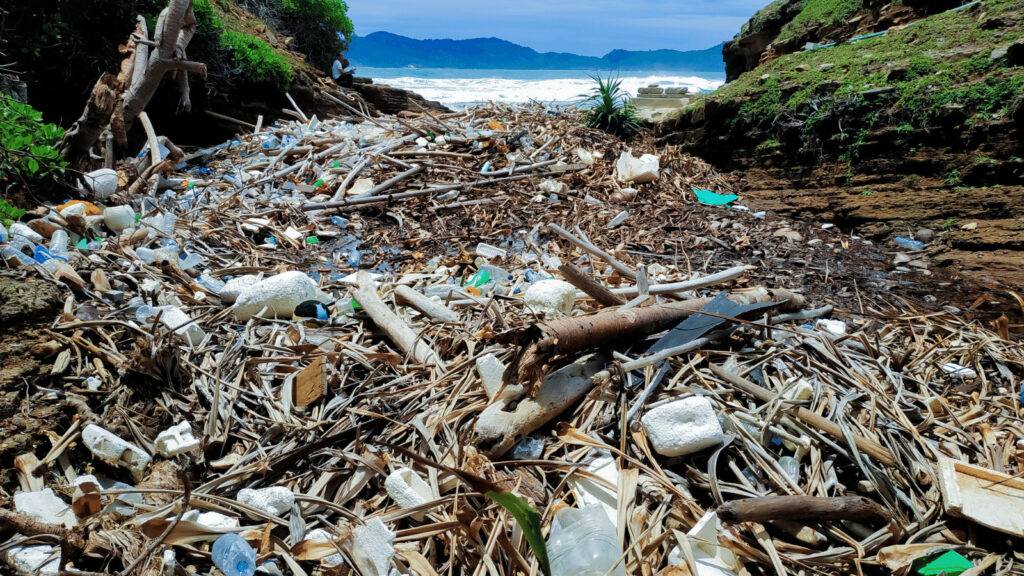From Bogor to Balikpapan, these cities around Indonesia are striving to be zero-plastic cities.
Indonesia, just like other countries around the world, is struggling with extreme levels of plastic pollution. Indonesia, a country with more than 17,000 islands is believed to be the world’s second-largest contributor of plastic pollutants in the oceans, after China. Polluted beaches, plastic-clogged rivers, and marine animals washed up on shore with plastics found on their stomachs – these are just some of the pictures depicting the grim reality on the shores of around Indonesia.
Despite the challenges, six cities in Indonesia are striving to solve plastic pollution problem and eliminate plastic once and for all. Creating a Zero plastic city is no longer a futuristic concept. It is a reality.
RELEVANT SUSTAINABLE GOALS



6 Cities Making Zero Plastic A Reality
BANJARMASIN
The city of Banjarmasin introduced a ban on plastic bags in 2016. This has also made Banjarmasin called the first city in the Asia Pacific to implement the single-use plastic ban. The ban applies to all shops, retails, supermarkets and shopping centers without exception, including some traditional markets. If anyone violates, the strict sanctions will be given immediately. It has been four years since the regulation has been in effect in the city nicknamed “a thousand rivers”.
Since the ban on plastic bags in Banjarmasin, the city succeeded in suppressing the circulation of single-use plastic bags by 52 million pieces every year. In return, Banjarmasin resident and traders are switching to reusable bags such as using Purun (Lepironia articulata) baskets.
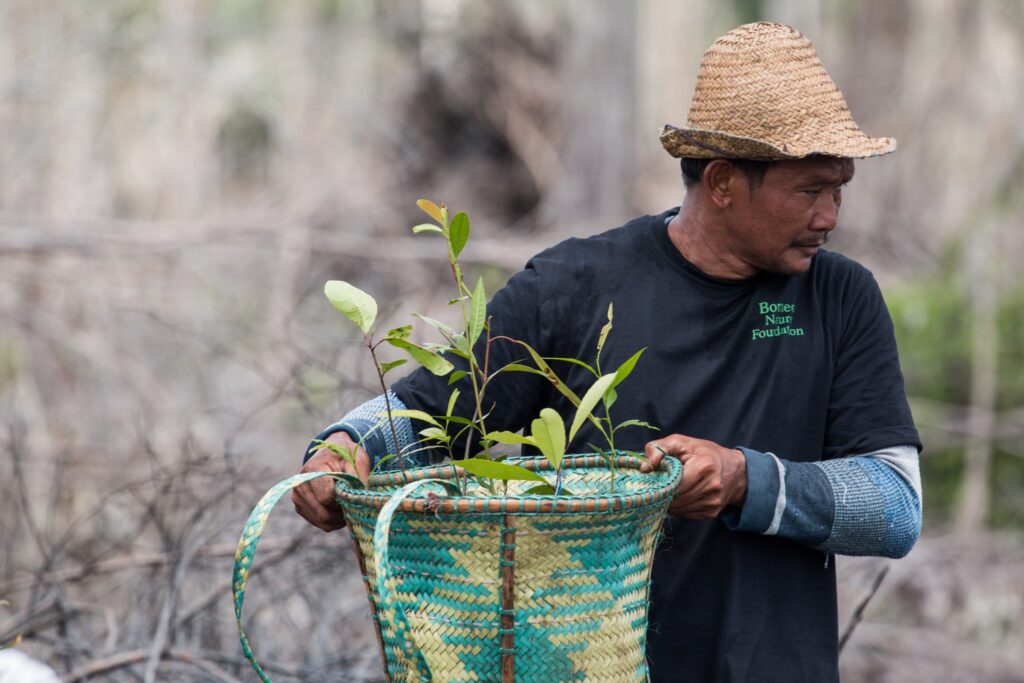
Purun(Lepironia articulata), a Grey Sedge with a woody stem, is a wild plant grows abundant in the peatlands around Borneo. For a long time, Dayak people have used this natural materials to craft the tools they need everyday, including hats, sleeping equipment, baskets, and even bags.
BALI
On December 21st 2018, Bali Governor, Wayan Koster, announced a full ban on single-use plastic by June 23rd 2019. This regulations limit the use of single-use plastic. This means dreaded styrofoam, plastic bags and plastic straws are now officially prohibited island-wide. In the Pergub No.97/2018, producers, distributors, and business actors are prohibited from using single-use plastic bags in form of plastic bags, styrofoam (Polisterina) and plastic straws. The implementation also involve the local level authorities and village laws (Peres), traditional and adat laws (i.e. Perarem) which are able to support effective implementation on a local level.
Since May 2021, Bali Provincial Government has started to build a ‘new era of Bali’ with the theme ‘Nangun Sat Kerthi Loka Bali, ‘ meaning maintaining sanctity and harmony of Bali’s nature to create a prosperous Bali; that is focused on a balance of nature, human and culture based on the values of Tri Hita Karana.
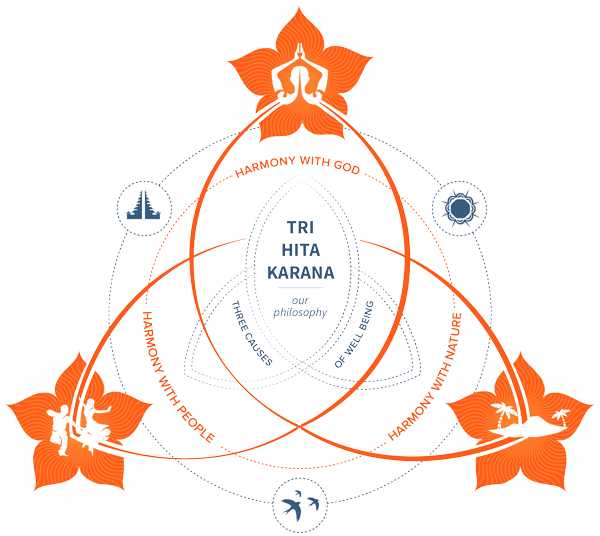
BOGOR
Bogor residents product up to 2.7 tons of plastic waste everyday and only 700 tons are distributed to the landfill (source : waste4change). Bogor municipality officially implemented implemented a ban on single-use plastic bags at all modern stores from December 1st, 2018. Through Mayoral Regulation No.61/2018 on the elimination of single-use plastics, Bogor Mayor Bima Arya ordered that all modern stores, including retails and supermarkets, stop providing their customers with plastic bags. Modern retailers are obligated to replace plastic bags with eco-friendly alternatives (reusable bags made from cassava or corn fibre) and shoppers are advised to bring their own reusable bags when shopping.
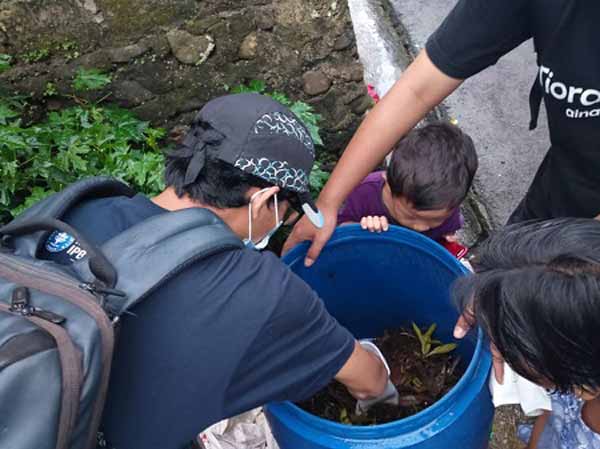
Despite facing constraints due to COVID-19 the Bogor Regency Environmental Service Agency (Dinas Lingkungan Hidup Kabupaten Bogor), in collaboration with Waste4Change Dow Indonesia, and more than 20 Non-Governmental Organizations (Kelompok Swadaya Masyarakat) and has succeeded in increasing the recycling rate to 20,154 tons of waste since January 2020.
BALIKPAPAN
City of Balikpapan in East Kalimantan has officially commenced its latest policy on limiting the use of disposable plastic bags available in retail shops and general shopping areas regulated under Mayor’s Decree No. 8/2018. Balikpapan is the second city in Borneo island that has officially limited its plastic consumption after Banjarmasin.
The implementation of this policy means that businesses are prohibited from using disposable plastic products/packaging and are obliged to provide Environmentally Friendly Alternative Bags. Simultaneously, customers will have to bring their own reusable shopping bags. The strict penalty are given, including revoking the stores permit to operate.
SAMARINDA
Campaigns to reduce the use of plastic bags have been also implemented in the city of Samarinda, the capital cit of Indonesian province of East Kalimantan on the island of Borneo. Modern retailers are prohibited from using disposable plastic products/packaging and are obliged to provide Environmentally Friendly Alternative Bags. Customers also encouraged to bring their own reusable shopping bags.
SURABAYA
Surabaya is the first city in Indonesia to implement the innovative program of paying for a bus ticket with plastic waste. The city government, in collaboration with the ministry of environment, currently has 20 buses operating every 15 minutes on the main routes of Surabaya. The only acceptable method of payment on this bus is plastic! Throughout the first few months of their operation, around 980,000 passengers have used the system. The staff and operators ensure that the exchange process is convenient by equipping all stations and buses with recycling bins and waste banks to collect plastic from passengers. While the initiative has been criticized for rewarding plastic-usage, it still fills an important gap in the city’s waste management and infrastructure. While the city government is still improving the over all recycling system, the city buses are providing an alternative to dispose of plastic in a sustainable manner.
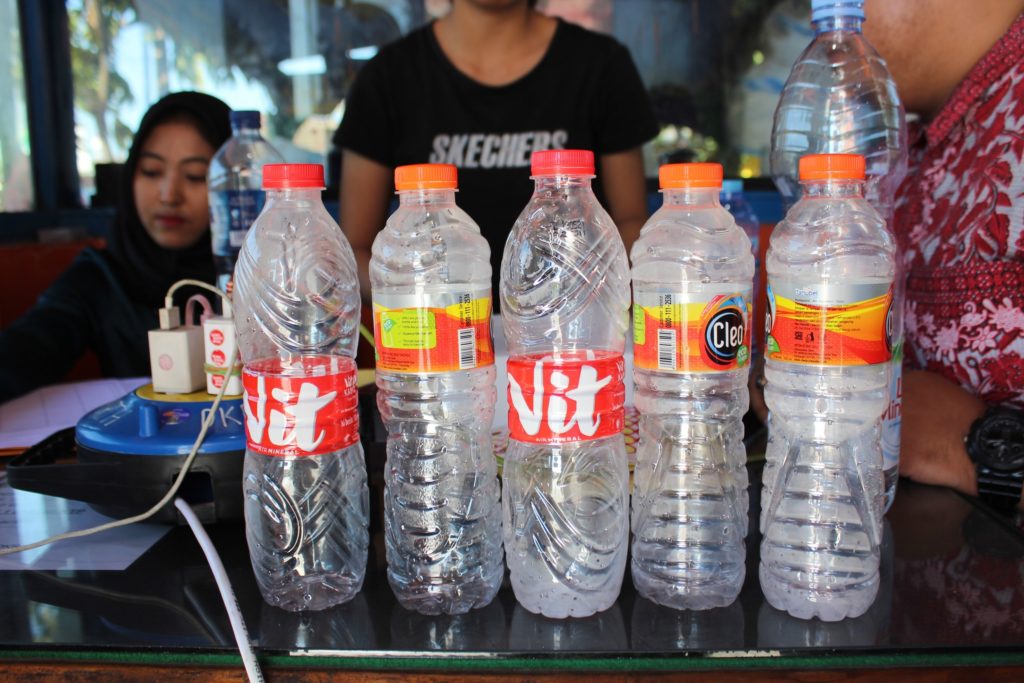
In line with the above, waste banks also grow rapidly and has supported community’s livelihood and encourage people’s active contribution to better waste management, both organic waste and non-organic waste.
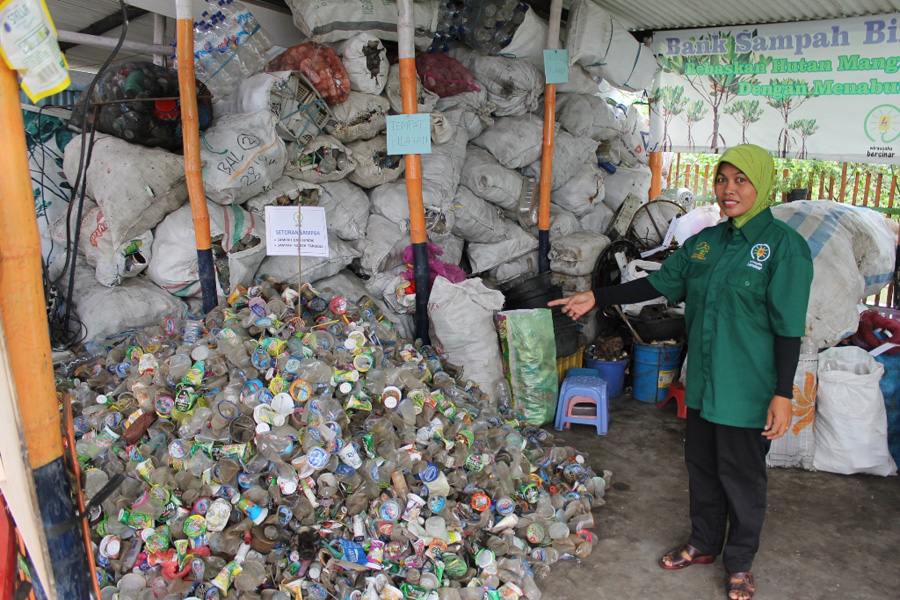
WHAT’S NEXT ?
Cities can’t fight plastic problem on their own. Each element of the society, including individuals, has a role to play in driving this change. All we need to do is to minimise the usage and handle the waste management in a better way. Together, we will demonstrate how we can work together to end plastic pollution and build a healthier, more sustainable future for our children and grandchildren. Will you be part of Plastic Free July by choosing to refuse single-use plastics?
Also Read :
Recycling : Are We Doing It Wrong ?


